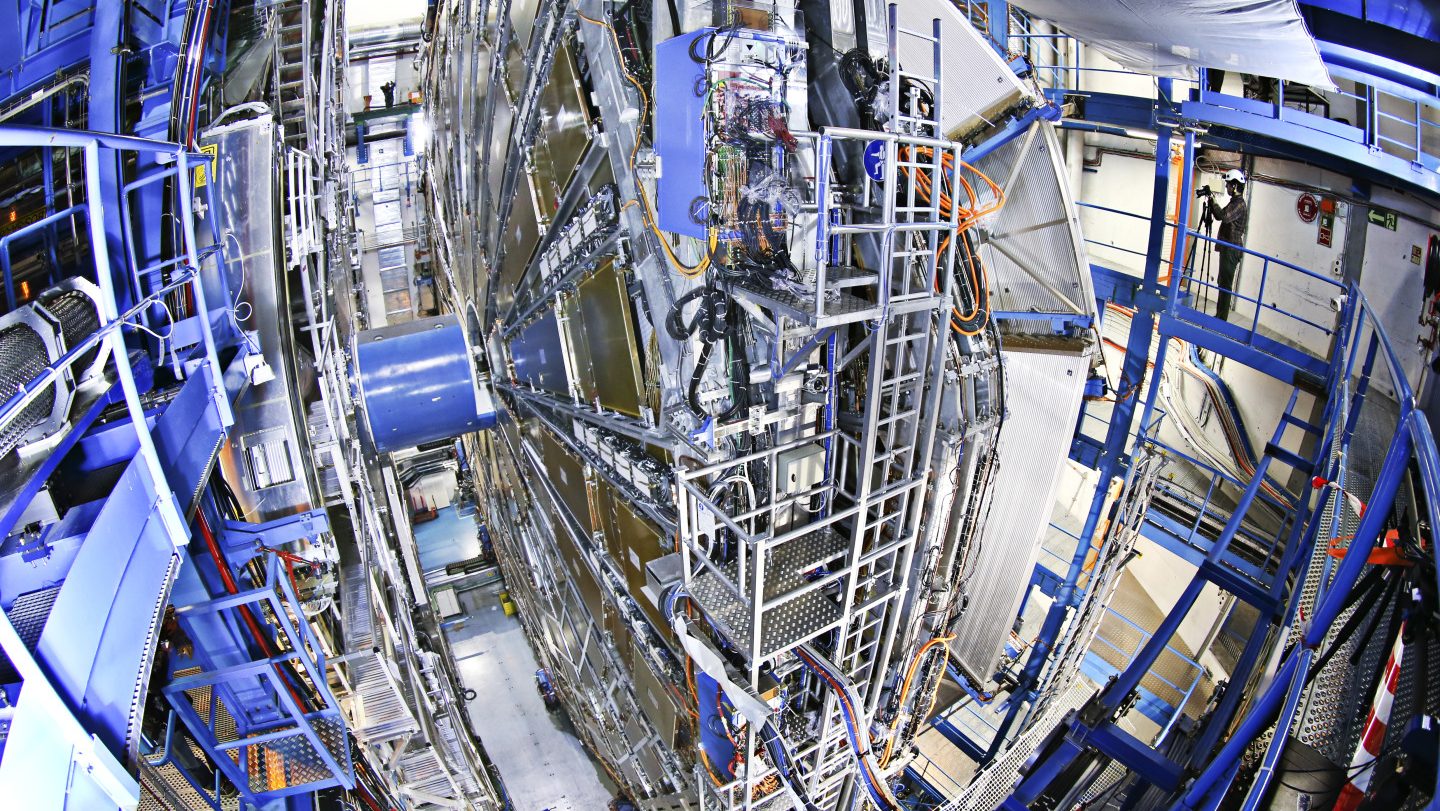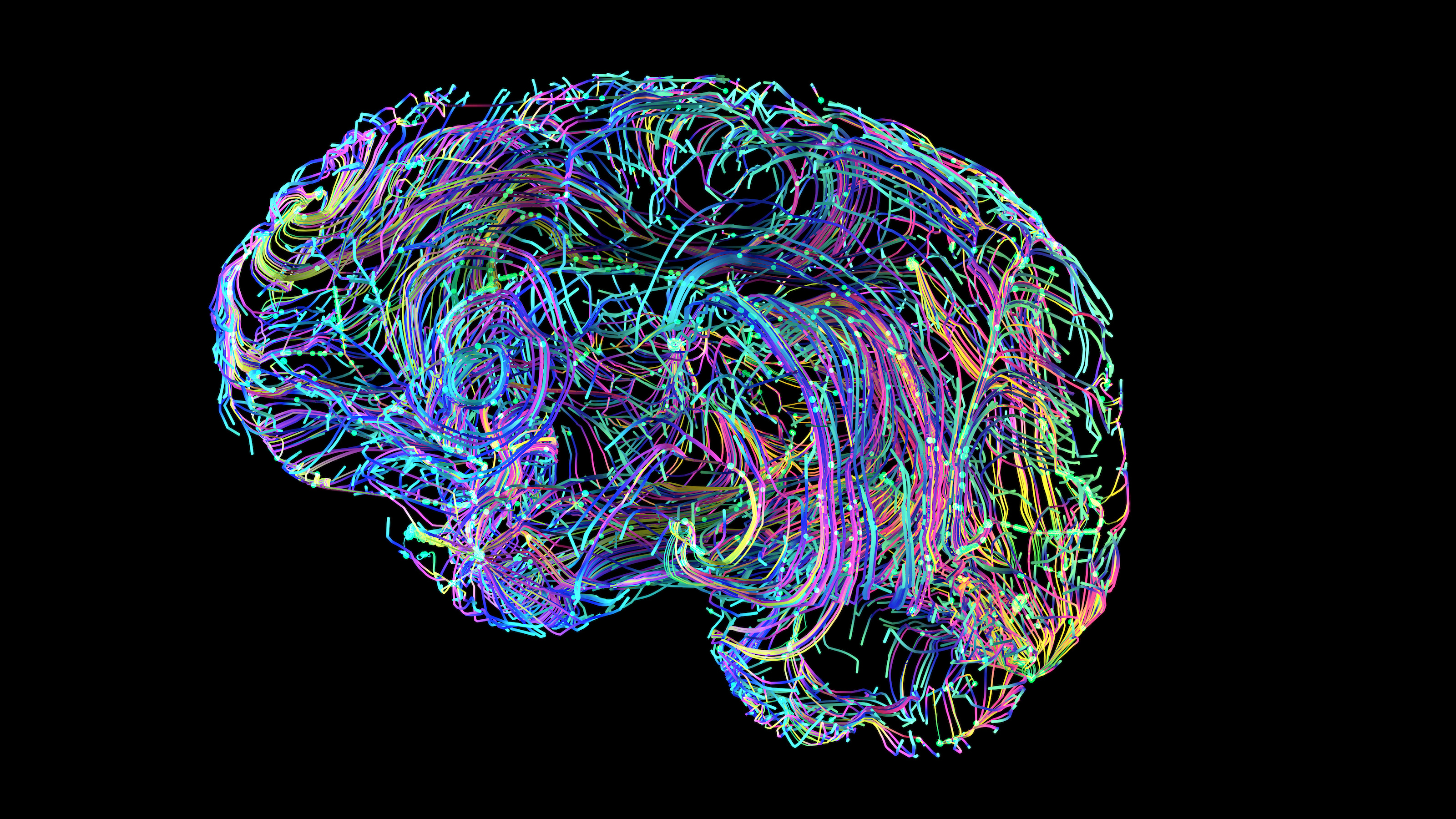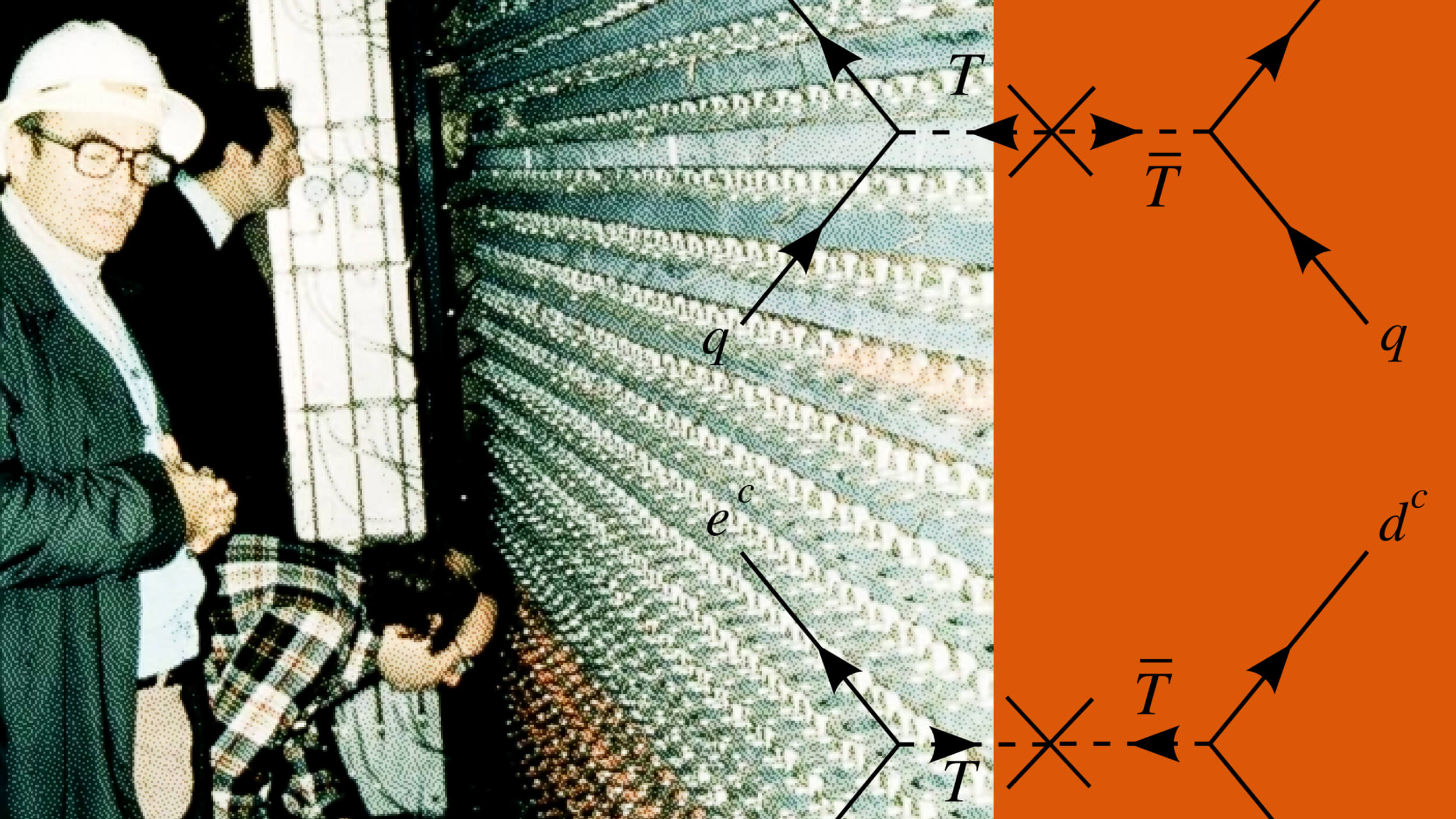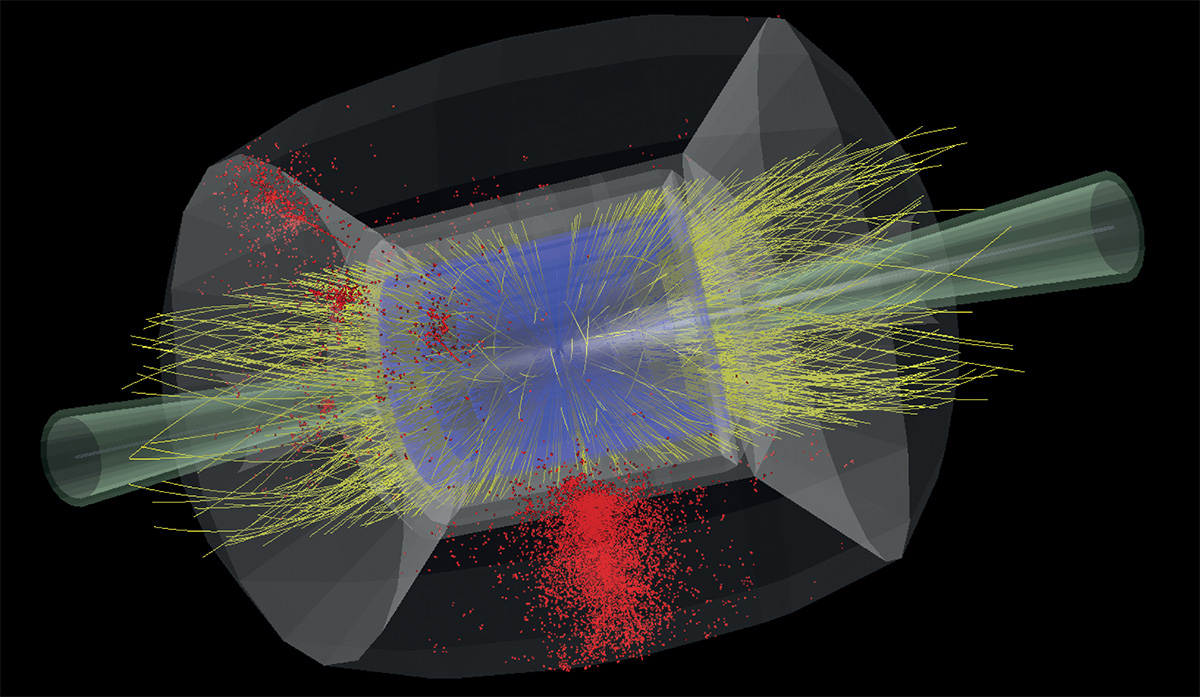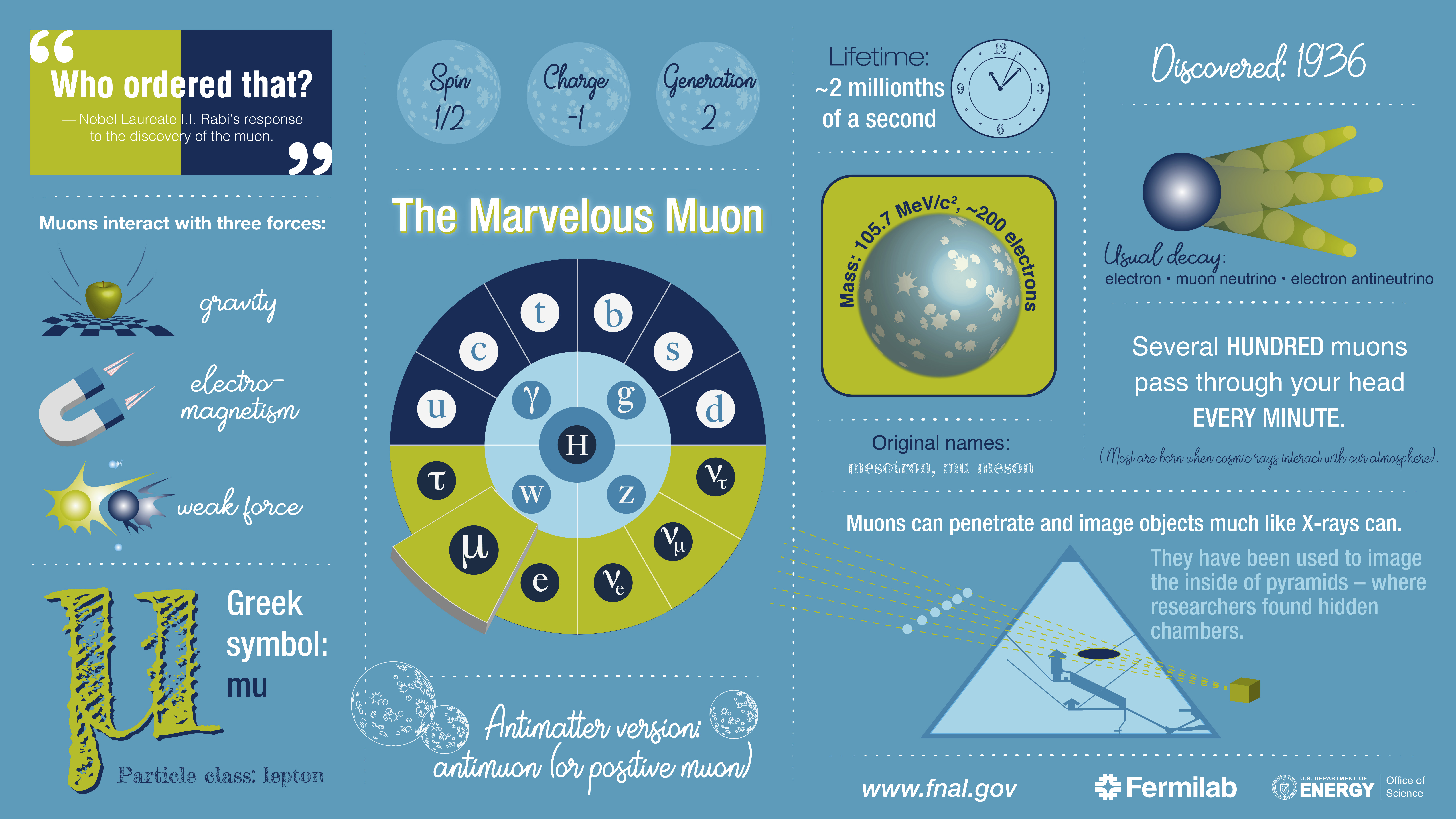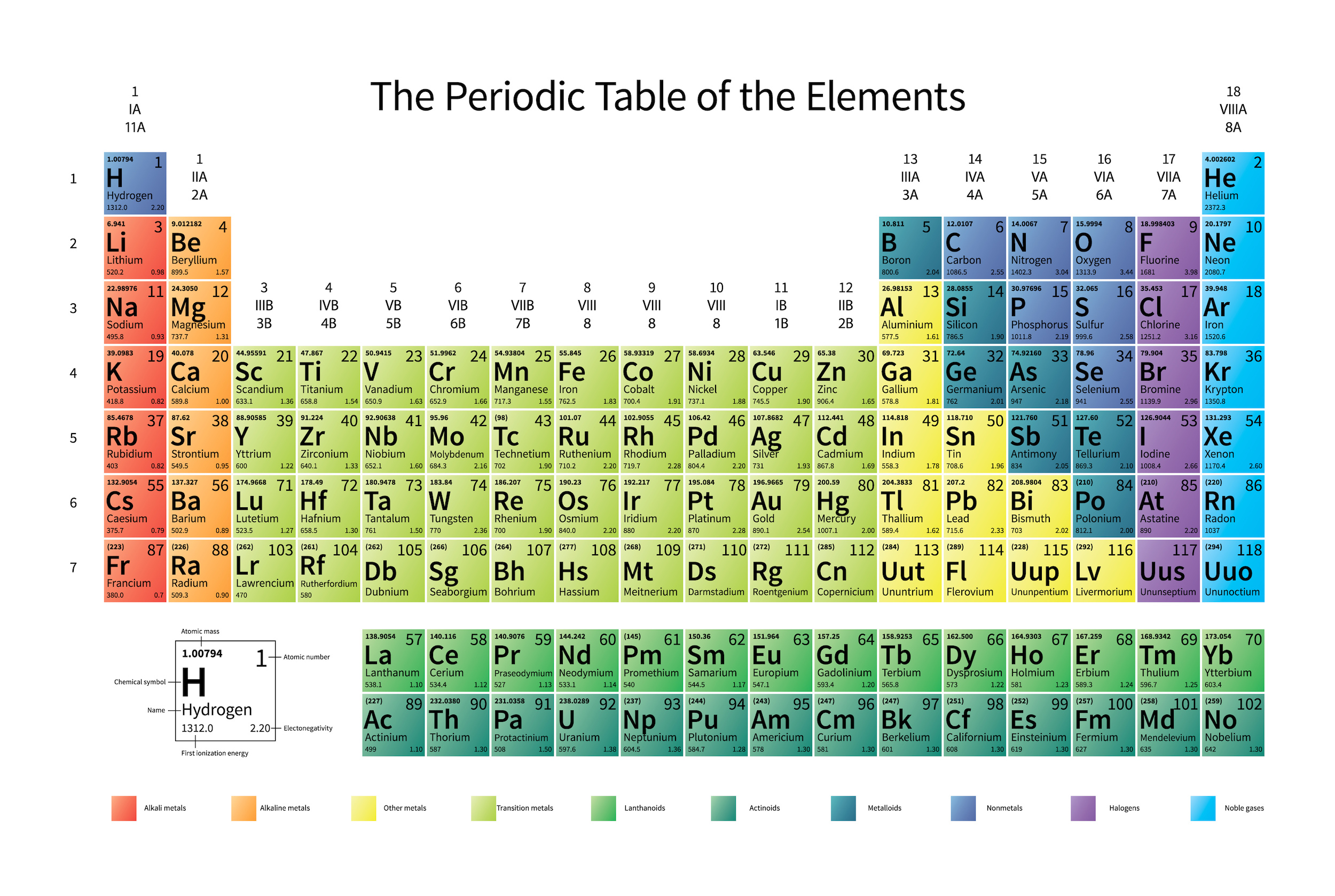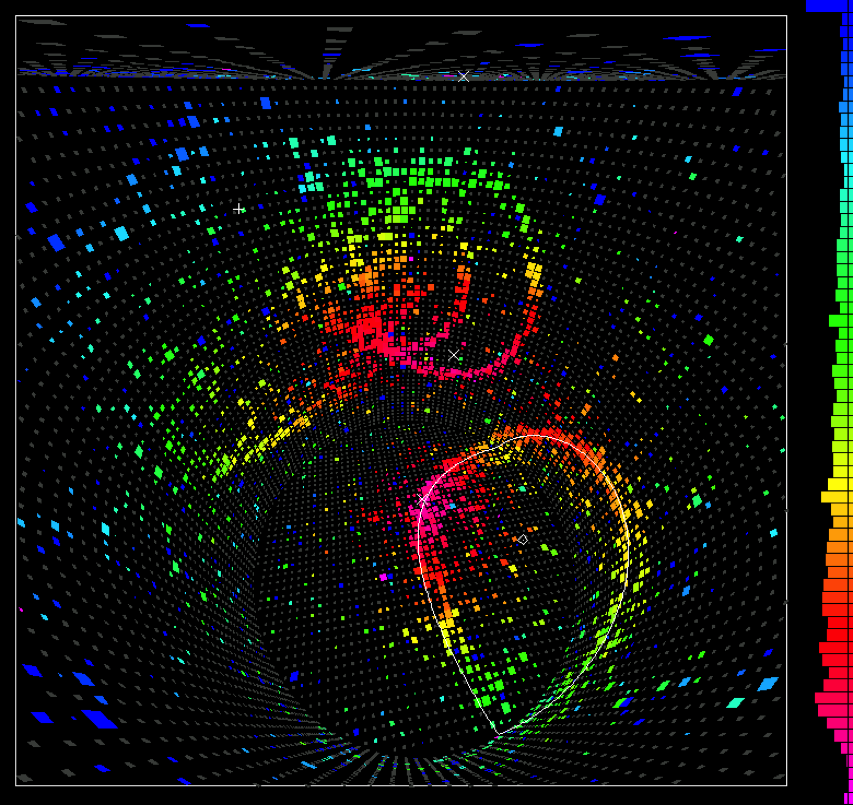In all the Universe, only a few particles are eternally stable. The photon, the quantum of light, has an infinite lifetime. Or does it?
Search Results
You searched for: lifetime
In all the Universe, only a few particles are eternally stable. The photon, the quantum of light, has an infinite lifetime. Or does it?
Of the millions of substances people encounter daily, health researchers have focused on only a few hundred. Those in the emerging field of exposomics want to change that.
More than 90% of sexually active men will be infected with human papillomavirus in their lifetime. The virus may reduce fertility.
A basement renovation project led to the archaeological discovery of a lifetime: the Derinkuyu Underground City, which housed 20,000 people.
It is easy to underestimate how much the world can change within a lifetime.
A new analysis suggests previous “total cost of ownership” studies overlooked key factors.
LHC scientists just showed that spooky quantum entanglement applies to the highest-energy, shortest-lived particles of all: top quarks.
The aging brain is networked differently.
Why hasn’t matter fallen apart over billions of years? The mystery might start with protons.
Sun-like stars live for around 10 billion years, but our Universe is only 13.8 billion years old. So what’s the maximum lifetime for a star?
If we waited long enough, would even protons themselves decay? The far future stability of the Universe depends on it.
The first human that isn’t an Earthling could be in our lifetime.
▸
5 min
—
with
Human civilization has always survived periods of change. Will our rapidly evolving technological era be an exception to the rule?
Today, the Large Hadron Collider is the most powerful particle physics experiment in history. What would a new, successor collider teach us?
From forming bound states to normal scattering, many possibilities abound for matter-antimatter interactions. So why do they annihilate?
It’s estimated that one-in-three women and one-in-five men have an episode of major depression by the age of 65.
Every opportunity seized is another lost — but not choosing is the worst choice of all.
From unexplained tracks in a balloon-borne experiment to cosmic rays on Earth, the unstable muon was particle physics’ biggest surprise.
2023’s Nobel Prize was awarded for studying physics on tiny, attosecond-level timescales. Too bad that particle physics happens even faster.
Up until 2002, we thought that the heaviest stable element was bismuth: #83 on the periodic table. That’s absolutely no longer the case.
In all the Universe, only a few particles are eternally stable. The photon, the quantum of light, has an infinite lifetime. Or does it?
All stars, eventually, run out of fuel and die. Given all the stars we can see and the vast distance to them, are any of them already dead?
In logic, ‘reductio ad absurdum’ shows how flawed arguments fall apart. Our absurd Universe, however, often defies our intuitive reasoning.
We don’t need one Elon Musk. We need 8 billion empathic futurists.
▸
8 min
—
with
If the electromagnetic and weak forces unify to make the electroweak force, maybe, at higher energies, something even grander happens?
NASA’s only flagship X-ray telescope ever, Chandra, still works and has no planned successor. So why does the President want to kill it?
The first stars took tens or even hundreds of millions of years to form, and then died in the cosmic blink of an eye. Here’s how.
Before we discovered gravitational waves, multi-messenger astronomy got its start with light and particles arriving from the same event.
Explore data on electric car sales and stocks worldwide.






